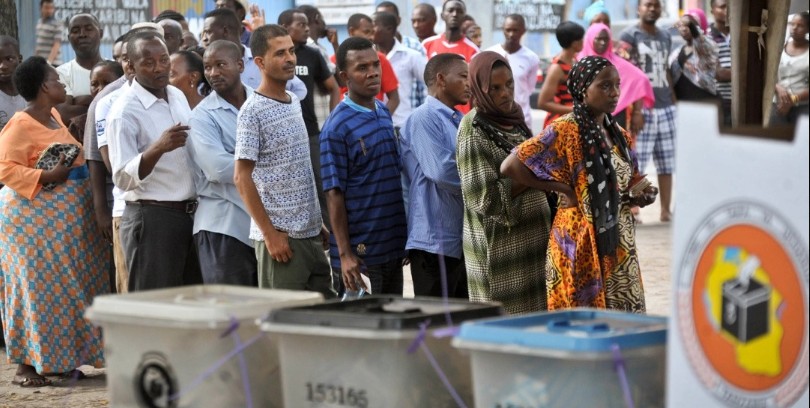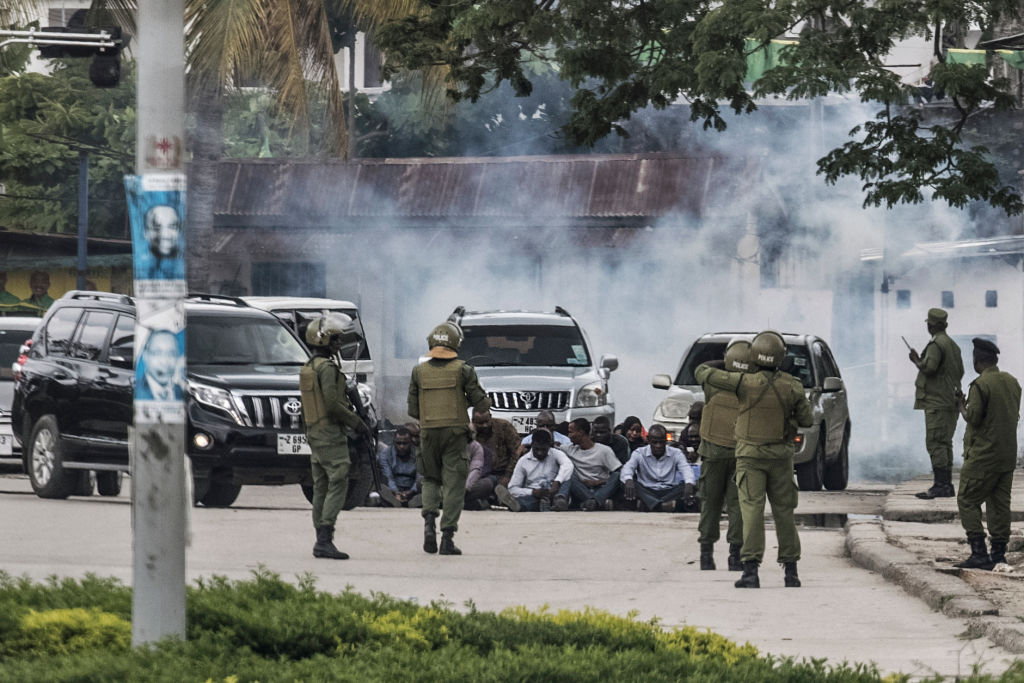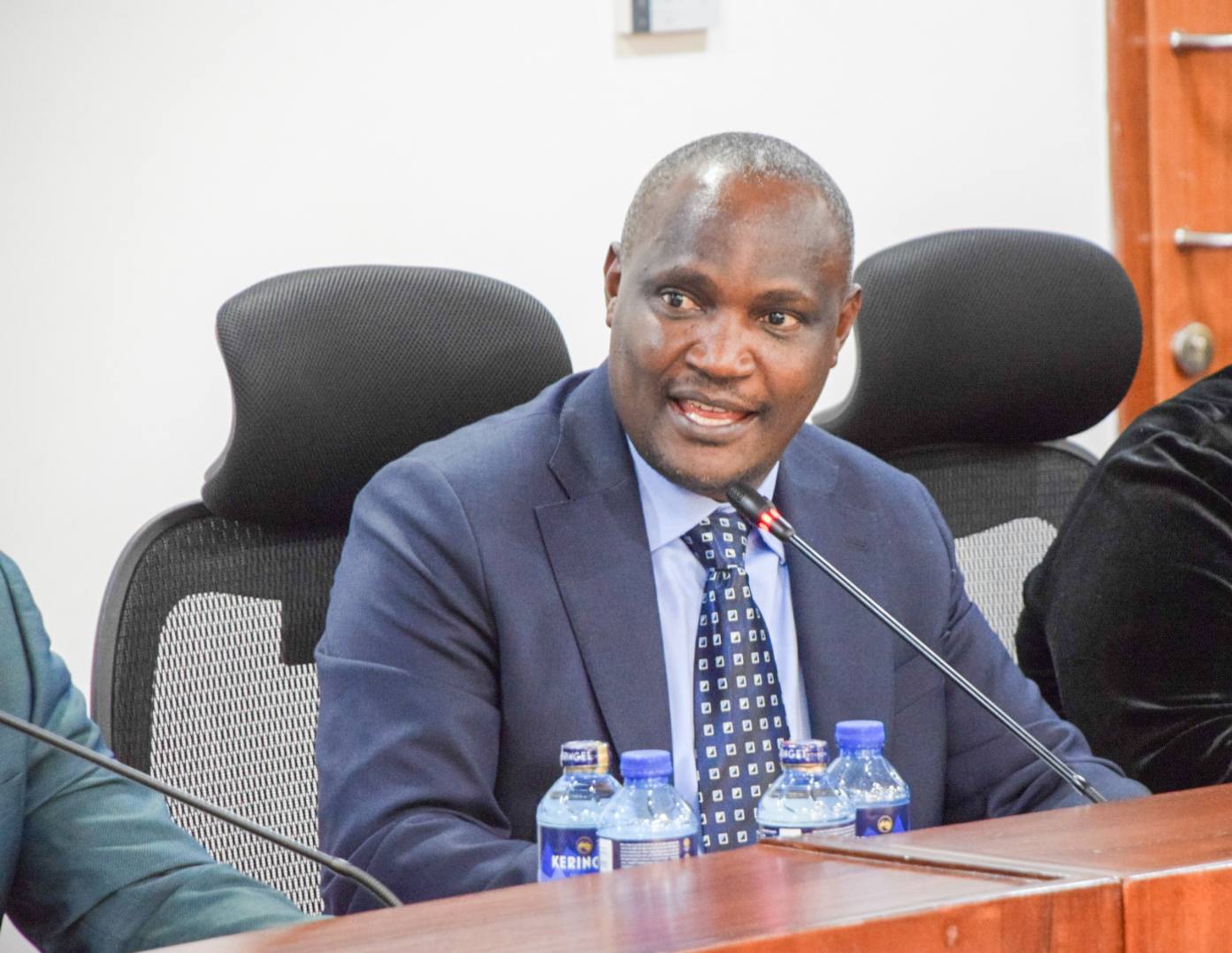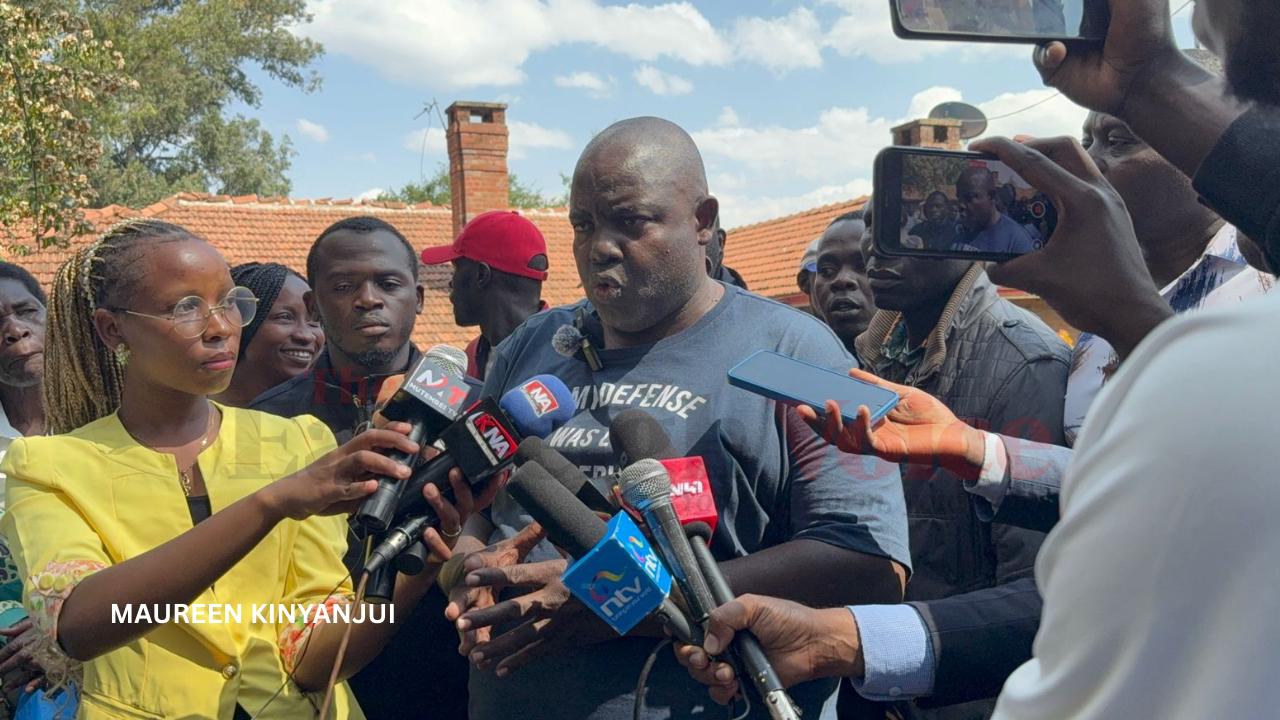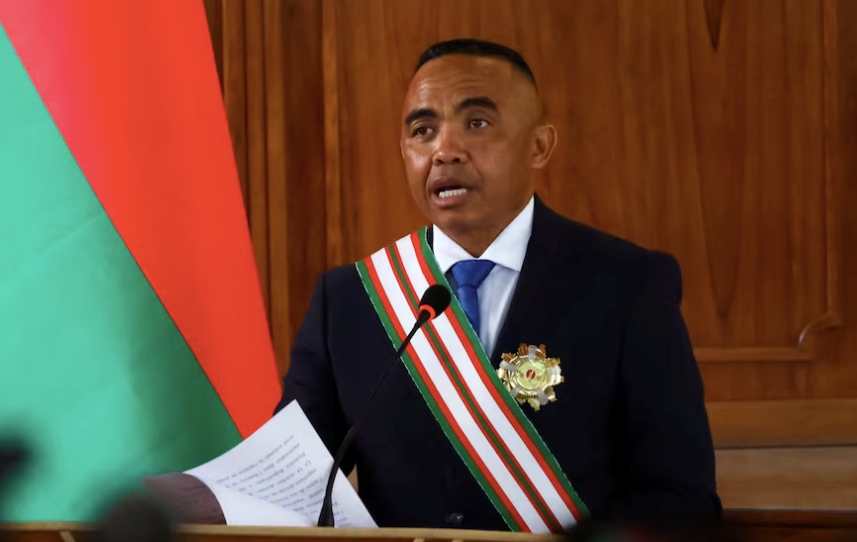Governors defy Senate summons in heated county fund oversight
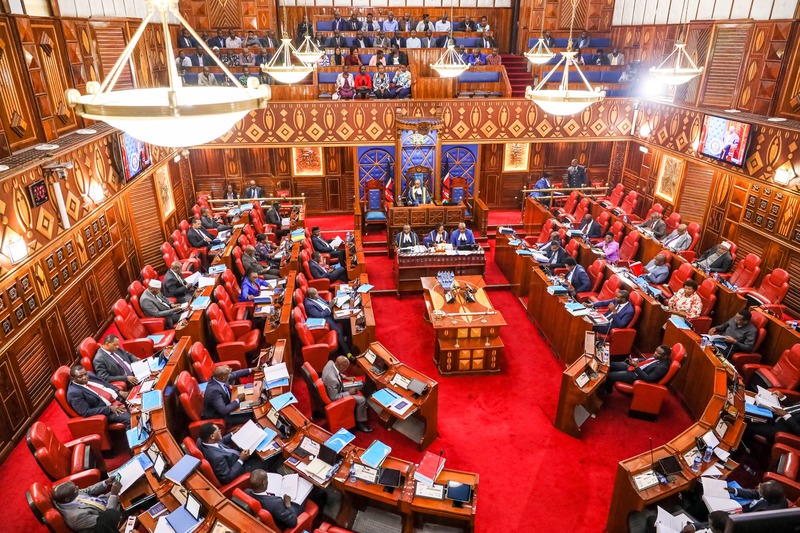
Senators have vowed to challenge the ruling by Justice Ngaah, which declared any decisions arising from audits conducted outside constitutional timelines as “null and void.”
A power struggle over the management and oversight of county funds has intensified, with at least ten governors refusing to honour Senate summons and invitations.
This defiance comes amidst mounting scrutiny over millions of shillings in unaccounted expenditures, leading to calls for stricter penalties against non-compliant county bosses.
More To Read
- CS Wandayi, senators clash over county wayleave fees in Energy Bill debate
- IEBC unveils tough new rules for recalling underperforming MCAs
- Senate probe uncovers unpaid loans by ex-governors, county officials
- Senate flags poor working conditions, staff shortage at Busia One Stop Border Post
- Senate upholds separation of powers, encourages stronger county oversight
- Governors warn of service paralysis as e-procurement dispute deepens
Governors on the radar include George Natembeya (Trans Nzoia), Hillary Barchok (Bomet), Joseph Ole Lenku (Kajiado), Anne Waiguru (Kirinyaga), and Irungu Kang’ata (Murang’a).
Others are Muthomi Njuki (Tharaka Nithi), Simba Arati (Kisii), Ken Lusaka (Bungoma), Mohammud Ali (Marsabit), and Gideon Mung’aro (Kilifi). Senators have expressed alarm over these county chiefs' persistent absences, despite summoning them to respond to audit queries.
Samson Cherargei, vice chairperson of the Senate County Public Accounts Committee (CPAC), voiced concerns about the governors’ tactics, which include repeated requests for postponements.
“The frequent request for postponement of meetings has greatly derailed the effective discharge of committees’ mandates, thus negatively impacting the oversight mandate of the Senate,” said Cherargei.
The Senate is now pushing for tougher measures, including a Sh2 million fine and possible arrests for governors who ignore summonses. A contentious court ruling, which some governors are using to challenge the Senate's oversight processes, has also fuelled the escalating standoff.
Governor Simba Arati’s recent appearance before CPAC highlighted the tension. Arati objected to the committee’s review of audit reports for the financial years ending June 30, 2022, and 2023, citing a ruling by Justice Jairus Ngaah.
The ruling, based on constitutional timelines outlined in Article 229(4) and (8), stipulates that the Auditor-General must complete audits within six months after the fiscal year’s end, with Parliament or county assemblies required to act within three months of receiving the reports.
“The fact that we came and brought in the documents, we were ready to continue with the report as it were, but the fact that there was that ruling, it is what we were taking precaution of so that we don’t offend the Constitution and the court ruling,” said Arati.
Despite his objections, he later agreed to proceed with the committee’s review.
Homa Bay Senator Moses Kajwang, chairperson of CPAC, defended the Senate's position, arguing that county executives' failure to provide necessary documentation within statutory timelines causes delays in audit reviews.
“Parliament has acted properly within its timelines, and therefore if there were to be a crisis, it would be a self-inflicted crisis by the Kisii County government,” he said.
Kajwang' emphasised the importance of the Senate's oversight role, cautioning governors against exploiting legal loopholes to evade accountability.
It is good to have this conversation so that it can provide guidance to the other governors who might assume they can use a legal loophole to run away from accountability,” he said.
Other Topics To Read
Nairobi Senator Edwin Sifuna echoed Kajwang's sentiments, challenging governors to demonstrate instances where the court explicitly prohibited Parliament from reviewing audit reports.
“You cannot injunct the processes of Parliament. It could not have been the intention of the court to allow governors and counties to escape scrutiny by representatives of the people,” said Sifuna.
Senators have vowed to challenge the ruling by Justice Ngaah, which declared any decisions arising from audits conducted outside constitutional timelines as “null and void.”
Cherargei criticised the ruling, describing it as judicial overreach. "The decision that results from this directive by Justice Ngaah will have serious ramifications in the report writing and operations of the committee and the entire Parliament," he warned.
Kajwang’ added that the Senate would seek a structural interdict from the High Court to allow the processing of past reports that fell outside the timelines.
“While we agree with the ruling by Justice Ngaah, the judge could have considered a transitional clause for compliance. Otherwise, 10 years of audit reports would be declared null and void,” he explained.
Senator Okiya Omtatah from Busia supported this approach, urging the Senate to seek clarity on how to address the backlog of audit reports.
“The Senate should go back to the judge for a structural interdict for him to pronounce himself on within what timeline the backlog can be cleared,” he said.
At the heart of the dispute is the delicate balance between respecting constitutional timelines and ensuring effective oversight of public funds.
Senators have emphasised their commitment to accountability, stating that judicial decisions should not inadvertently shield county executives from scrutiny.
“We will not allow governors and counties to escape scrutiny. As MPs, we will apply for a review of that position. It is not tenable and does not make any sense.”
Top Stories Today

